The legal future of Vice-President Cristina Fernández de Kirchner lies in the hands of the Supreme Court after the Federal Cassation Court on Monday underwrote the validity of testimony by whistleblowers, a ruling which the defendants of graft trial defendants will be appealing to the Supreme Court.
The Federal Cassation upheld the testimony of all 31 witnesses in trials accusing the former president and a host of other defendants of the illegal manipulation of public works contracts between 2003 and 2015 involving both her two terms in office and that of her late husband Néstor Kirchner and centred on the award of almost all Santa Cruz contracts to Kirchnerite tycoon Lázaro Báez. The 31 witnesses include former Federal Planning Ministry chauffeur Oscar Centeno, author of the famous “cuadernos” copybooks chronicling a decade of public works graft.
The legitimacy of whistleblowers had been challenged by the lawyers of former Federal Planning minister Julio De Vido and businessman Juan Carlos Lascurain, also arguing the lack of audio-visual records of the testimony. If the Cassation judges had accepted their challenge, this would almost certainly have ended the trial.
In the Cassation ruling, two of the judges, Diego Barroetaveña and Daniel Petrone, considered that the lawyers of the defendants had failed to demonstrate that there was any violation of constitutional rights in a mechanism of plea bargaining with whistleblowers which had been approved by both Houses of Congress (Law 27,304). But in a dissident ruling the third judge Ana María Figueroa deemed it “ethically unacceptable” to receive testimony from an accused criminal.
Apart from several ex-officials (including former Public Works secretary José López, notorious for chucking bags containing some US$9 million over a convent wall in mid-2016), the defendants include many of the big names of the construction sector – Aldo Roggio, Ángelo Calcaterra (the cousin of ex-president Mauricio Macri), Juan Chediak, Carlos Wagner, Javier Sánchez Caballero and Enrique Pescarmona, all indicted in August, 2018 by the late federal judge Claudio Bonadio.
Ahead of the ruling, President Alberto Fernández had blasted whistleblowers in strong terms.
"It’s a system for buying and selling testimony," he said.
Yet the case does not exclusively hinge on the whistleblowers but also wire-tapping and bank accounts, among other evidence.





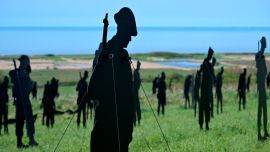








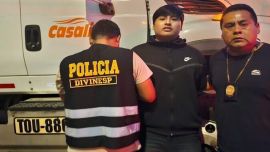
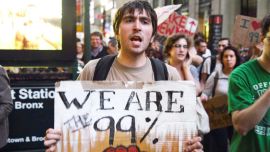
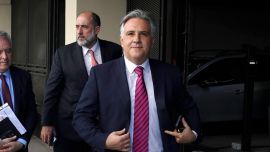
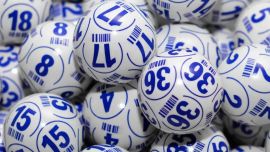
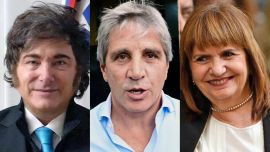
Comments